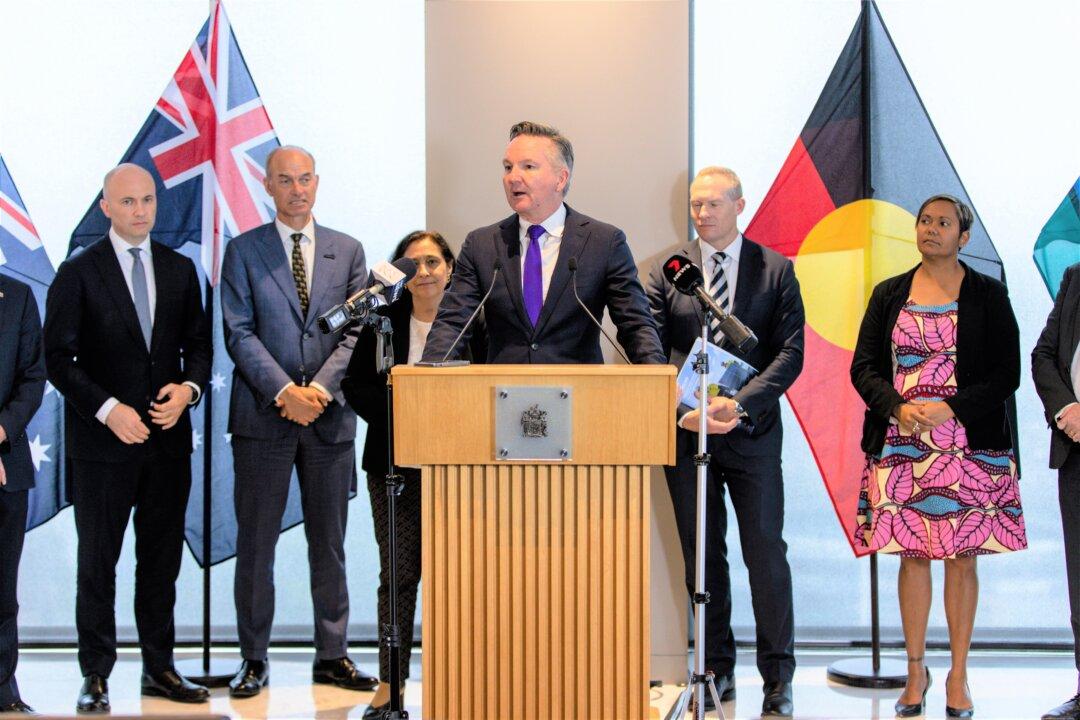The Opposition has warned that the Australian federal government’s new “carbon tax” will come at a heavy cost for businesses suffering from the cost of living crisis.
Under the centre-left Labor government’s new safeguard—which the previous centre-right Coalition government introduced—Australia’s biggest polluters will be required to reduce their net emissions by almost 35 percent by 2030.




